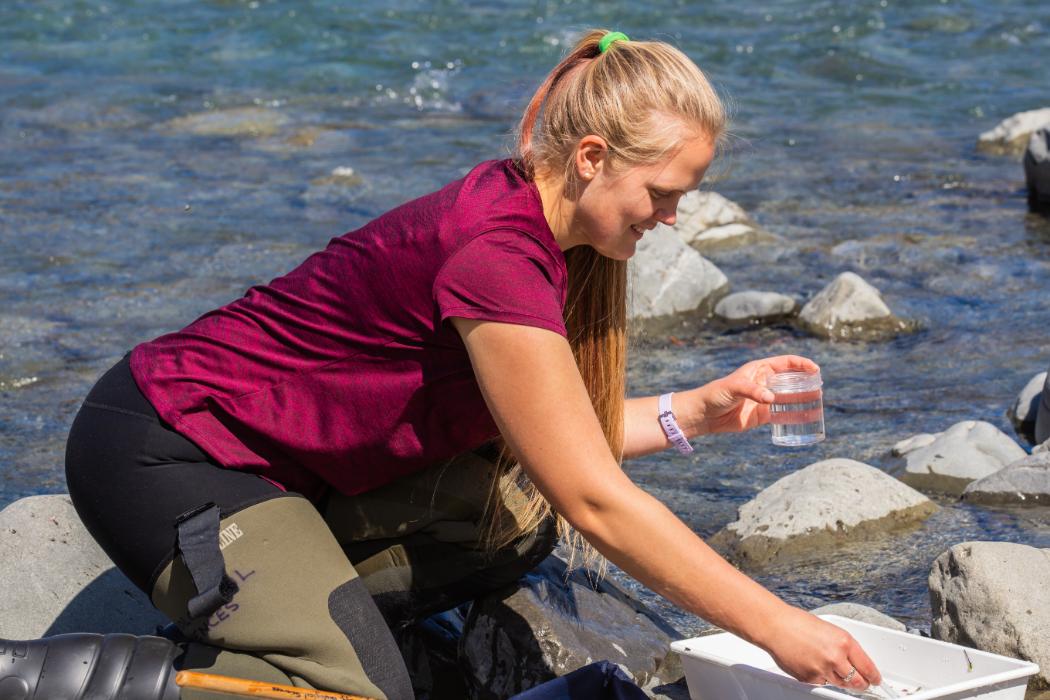UC equips environmental scientists to make a difference
The Bachelor of Environmental Science with Honours degree has been developed in response to employer demand for students with specialised knowledge in the area.
UC’s Director of Environmental Science Professor Sally Gaw says environmental scientists are needed to step up and help address some of the urgent sustainability issues the world is facing.
“Rapid environmental change and diminishing resource means the planet needs – more than ever – highly skilled environmental scientists empowered to make a difference.”
UC’s unique offering builds on the university’s record of excellence in teaching and research in Environmental Science, she says. It will provide students with practical skills across varied disciplines of science.
“We are anticipating 30 enrolments next year and we expect that our Environmental Science with Honours graduates will be highly sought after by employers both in Aotearoa New Zealand and globally.
“Our aim is for students graduating with this qualification to be engaged, empowered, and ready to make a difference.”
It offers six choices of interdisciplinary major: Freshwater; Ecosystem Health and Biosecurity; Environmental Change; Environmental Contamination; Environmental Hazards and Disasters; and Sustainable Coasts.
Through classroom, lab and field studies, students will have the opportunity to learn research, data analysis, problem-solving, communication, and teamwork skills. The degree also combines mātauranga Māori with environmental research to provide students with indigenous knowledge and bicultural confidence.
As part of their studies, they will assess the impact of disasters, ecological change, and historical and current human activity.
A work experience component is also part of the degree.
Head of UC’s School of Earth and Environment, Professor James Shulmeister says it is a broad-based qualification. “The degree programme is solidly science based but will also provide students with an important underpinning in social and other issues around environmental science.”

